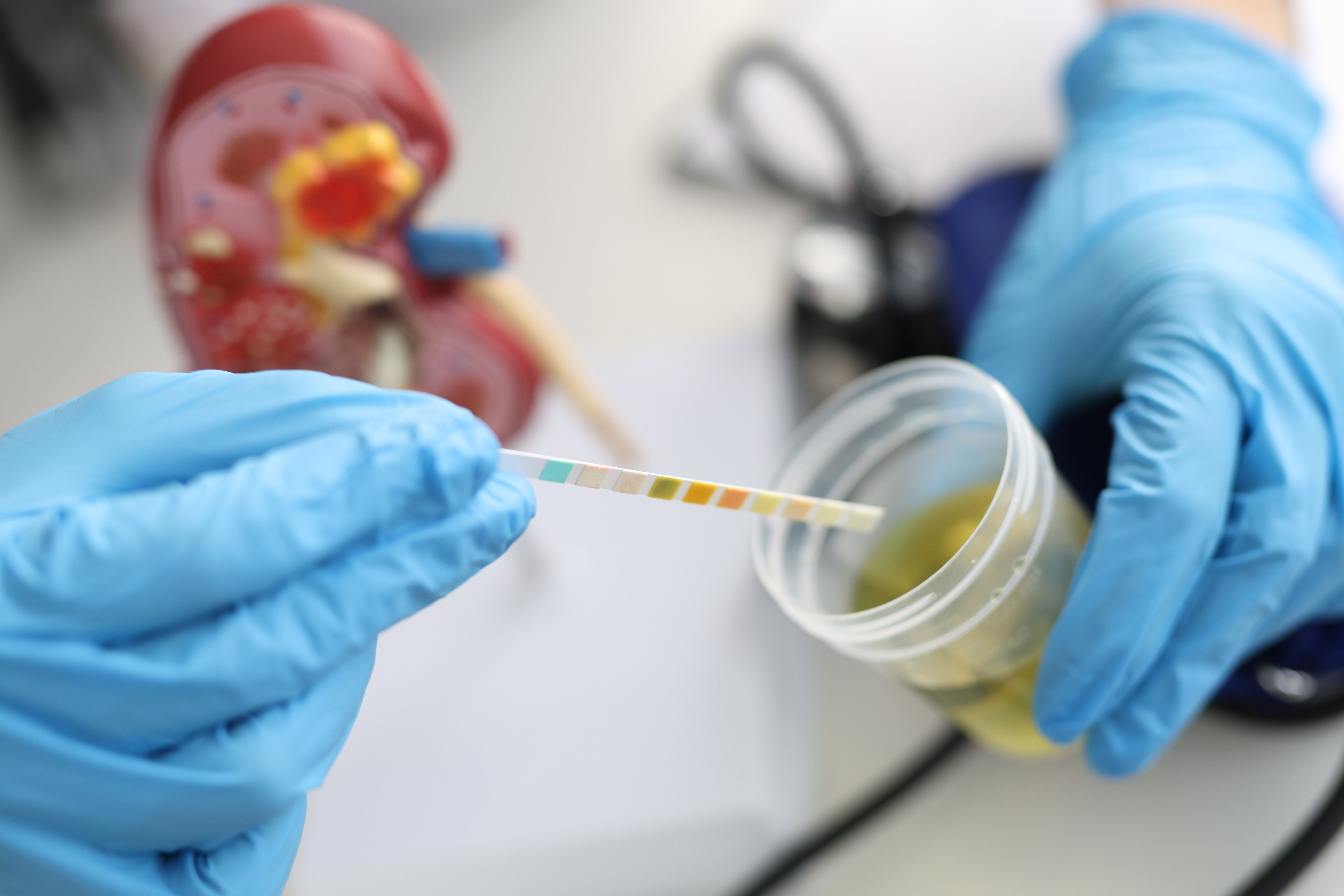
Researchers may have uncovered novel urinary biomarkers for patients with lupus nephritis and active renal involvement, according to a new study published by Li et al in the Journal of Autoimmunity. Researchers collected urine samples from 117 individuals with inactive systemic lupus erythematosus, active nonrenal lupus, and active lupus nephritis, as well as controls. They then performed Proximity Extension Assay–based comprehensive proteomics followed by enzyme-linked immunosorbent assay validation in an independent cohort. Patients who presented with worsening renal disease demonstrated progressive activation of cytokine signaling, chemokine activity, and coagulation pathways. The urine proteins ALCAM, CD163, MCP1, SELL, ICAM-1, VCAM-1, NGAL, and TWEAK were confirmed to have diagnostic potential in patients with active lupus nephritis. Additionally, they identified novel candidates for biomarkers of active lupus nephritis—including the urinary proteins ICAM-2, FABP4, FASLG, IGFBP-2, SELE, and TNFSF13B/BAFF—each of which were associated with clinical disease activity and had an area under the receiver operating characteristic curve of ≥ 80%. The researchers suggested that the proteins originated from intrarenal myeloid cells, T cells or natural killer cells, leukocytes, and endothelial cells. In a companion press release on the findings from the University of Houston, the study authors concluded: “These studies have expanded the repertoire of urinary proteins that can be used to monitor renal status in … patients with lupus.”